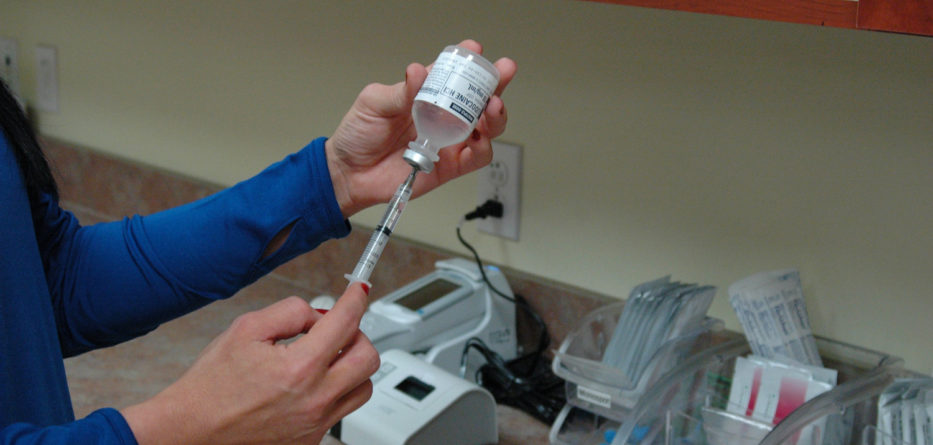As misinformation continues to spread about vaccines, medical experts are reminding parents and the general public that vaccinations save lives.
“Overwhelming scientific evidence shows that vaccines are among the most effective, safest interventions to prevent illness and protect public health,” says Dr. Patrice A. Harris, president of American Medical Association (AMA).
To help dispel misconceptions about vaccinations, the AMA is offering answers to six commonly asked questions.
- Are vaccines safe? Yes, vaccines prevent individual illness and protect the health of the public. Currently, the U.S. has the safest vaccine supply in its history, according to the Centers for Disease Control and Prevention (CDC). The most common side effects are typically very mild, such as pain or swelling at the injection site.
- Is it true that if everyone else is vaccinated, my family doesn’t need to be? No. Vaccines not only protect the child or adult who receive them, but also the health of their communities. Some people cannot be vaccinated — including very young children, cancer patients and those who are immunosuppressed. When immunization rates are high, people in these categories are protected because they’re less likely to be exposed to the disease. As evident from recent measles outbreaks in several states, when individuals aren’t immunized as a matter of personal preference or misinformation, they put themselves and others at risk of disease.
- What vaccinations do my children need? Children should be vaccinated according to the recommended schedule of the Advisory Committee on Immunization Practices, which is designed to protect young children before they’re likely to be exposed to potentially life-threatening diseases and when they’re most vulnerable to serious infections. For the latest recommended childhood vaccination schedule, visit cdc.gov/vaccines/schedules.
- I don’t want my children to get vaccine-preventable diseases. What’s the earliest age they can be vaccinated? Children can receive their first flu vaccine starting at 6 months old. The recommended age for the first dose of measles, mumps, and rubella (MMR) vaccine is 12 to 15 months of age. If you live in a community experiencing an outbreak, or if you travel internationally, your baby may be vaccinated as early as 6 months of age. Talk to your pediatrician for additional information about when early vaccination may be appropriate.
- I’m an adult, do I need to get vaccinated? Yes, adults need vaccines too. Sometimes immunity from childhood vaccines can wear off over time. Adults may also need vaccinations because of their age, job, travel and health conditions. Talk with your doctor to determine which vaccines you need and visit www2a.cdc.gov/nip/adultimmsched for an online assessment tool.
- Hasn’t the U.S. eradicated the major diseases that require vaccines? One of the country’s greatest public health success stories is the remarkable decrease in infectious diseases as the result of vaccines. Unfortunately, that success has led some parents to stop vaccinating their children against diseases like measles, meningitis, polio and diphtheria. However, these diseases still exist, and can still debilitate and kill. If people stop getting vaccinated, diseases that were once considered eradicated could reemerge — which is what’s been happening with measles outbreaks across the U.S.
More information can be found at cdc.gov/vaccines.
Want to keep your family healthy and your community safe? Be sure to check your immunization status and stay up to date with vaccines.






